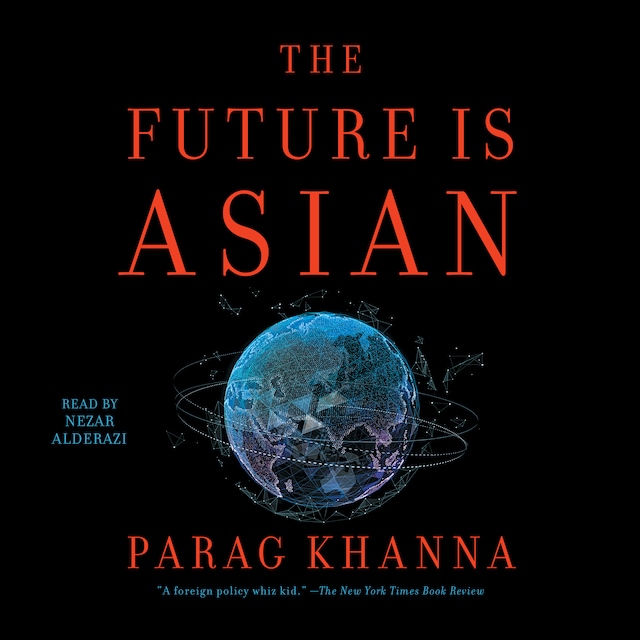
The Future is Asian
Commerce, Conflict and Culture in the 21st Century
Tietoa kirjasta
“Foreign policy whiz kid” (The New York Times Book Review) Parag Khanna reveals “a dazzling distillation of the history of the world from an Asian perspective…thorough and clear, offering abundant food for thought” (Kirkus Reviews).
The “Asian Century” is even bigger than you think. Far greater than just China, the new Asian system taking shape is a multi-civilizational order spanning Saudi Arabia to Japan, Russia to Australia, Turkey to Indonesia that together represent 40 percent of global GDP. Asia is rapidly returning to the centuries-old patterns of commerce, conflict, and cultural exchange that thrived long before European colonialism and American dominance. Asians will determine their own future—and as they collectively assert their interests around the world, they will determine ours as well.
In “an authoritative book that may well become a standard” (Financial Times), Parag Khanna explains how Asia’s complexity has led to common misdiagnoses: Western thinking on Asia conflates the entire region with China, predicts imminent World War III around every corner, and regularly forecasts debt-driven collapse for the region’s major economies. But in reality, the region is experiencing a confident new wave of growth led by younger societies from India to the Philippines, nationalist leaders have put aside territorial disputes in favor of integration, and today’s infrastructure investments are the platform for the next generation of digital innovation.
If the nineteenth century featured the Europeanization of the world, and the twentieth century its Americanization, then the twenty-first century is the time of Asianization. From investment portfolios and trade wars to Hollywood movies and university admissions, no aspect of life is immune from Asianization. “The Future Is Asian offers a valuable and thoroughly researched analysis of one course that the region may take” (The Wall Street Journal).
Muoto:
Kielet:
englanti


